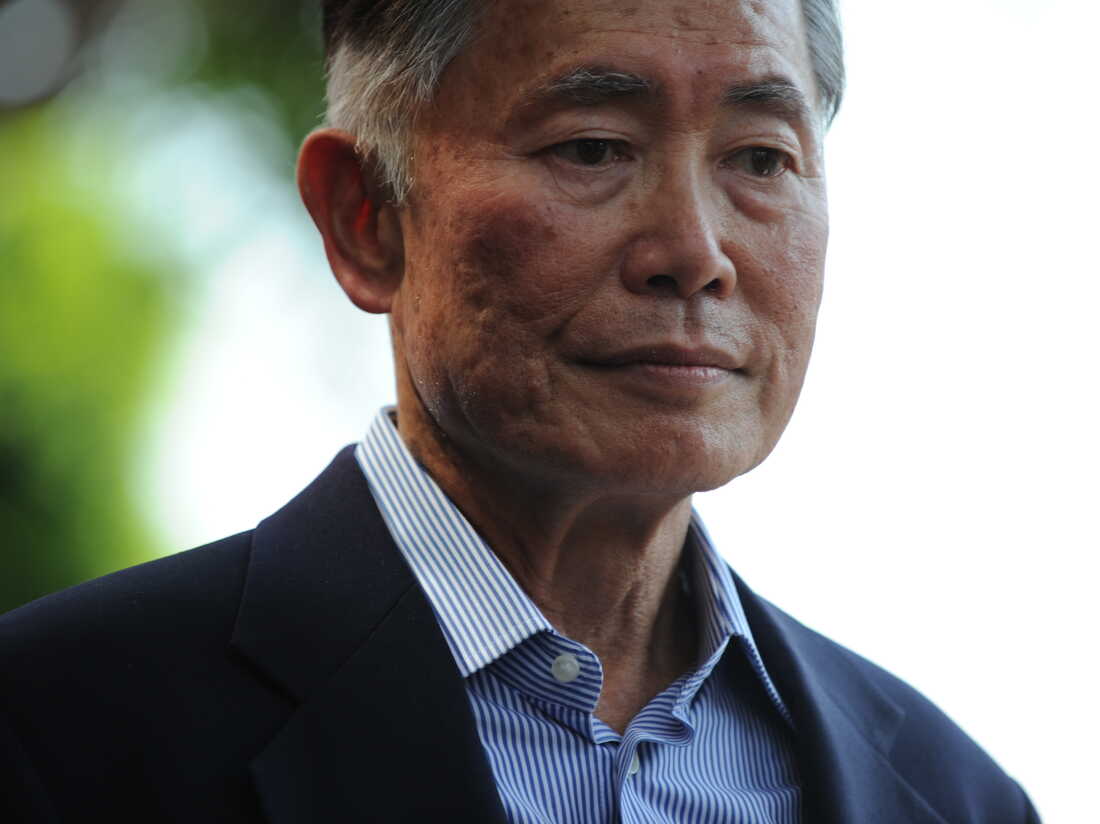
Russians have ditched the popular U.S. social-media platform Instagram after the country's communications regulator banned it for "extremism," opening the door to persecution, a study shows.
Russian-language posts on the picture-sharing platform dropped 30 percent between February 24 -- the day Russia launched its invasion of Ukraine -- and March 24, Moscow-based Brand Analytics reported.
The number of active users also declined by 31 percent during the period, Brand Analytics reported.
Usage of Facebook and Twitter, which were also banned earlier in the month, declined as well but at a lower rate, while Russian social-media platforms including Vkontakte and Telegram saw an increase.

SEE ALSO:
Interview: Will The Russian Internet Resemble China's 'Great Firewall'?
Instagram had been the most popular of the three U.S. platforms, explaining its sharper decline.
Roskomnadzor on March 11 announced it would ban Instagram effective March 14. A week later, a Moscow court reiterated the ban on the grounds the platform was "extremist."
The ruling outlaws Russian individuals or entitles from transacting on the platform, including paying for advertisement or buying goods and services.
Some Russians initially slowed down posting on Instagram following the start of the war due to shock, while others felt doing so was inappropriate or "tone deaf," social-media-content marketers have said.

SEE ALSO:
Russian Instagrammers Face Uncertain Future As Government Tightens Control Over Social Media
The decline in activity on the platform accelerated after March 11, with some influencers saying their views fell by as much as 50 percent.
Many Russians entrepreneurs -- including photographers, artists, shop owners, content marketers, and influencers to name a few -- heavily depend on Instagram to generate income and the ban has been a blow to their livelihood.







.png)
 Redefine Meat is expanding its product categories to include whole cuts of meat. Credit: Redefine Meat
Redefine Meat is expanding its product categories to include whole cuts of meat. Credit: Redefine Meat


